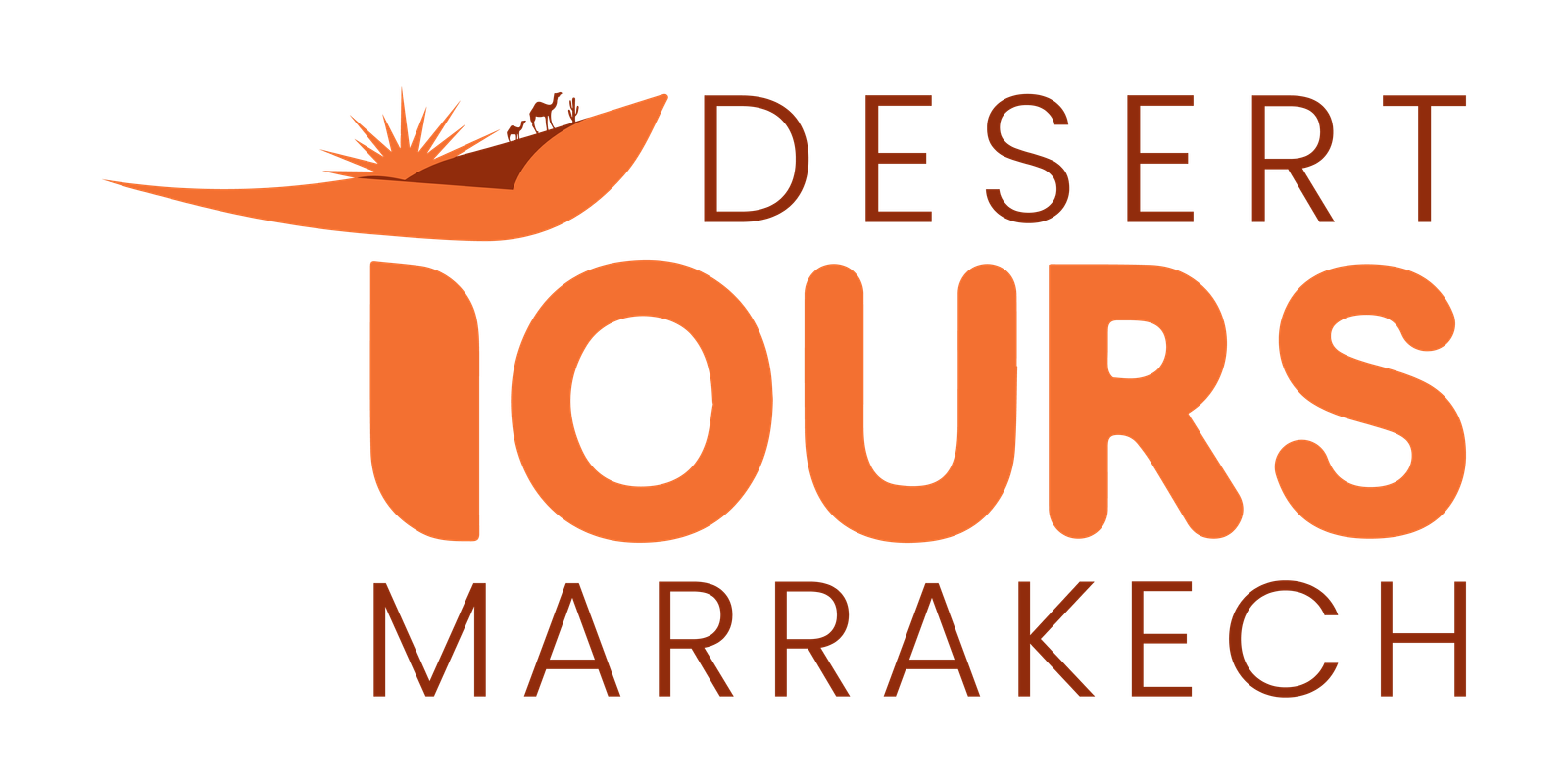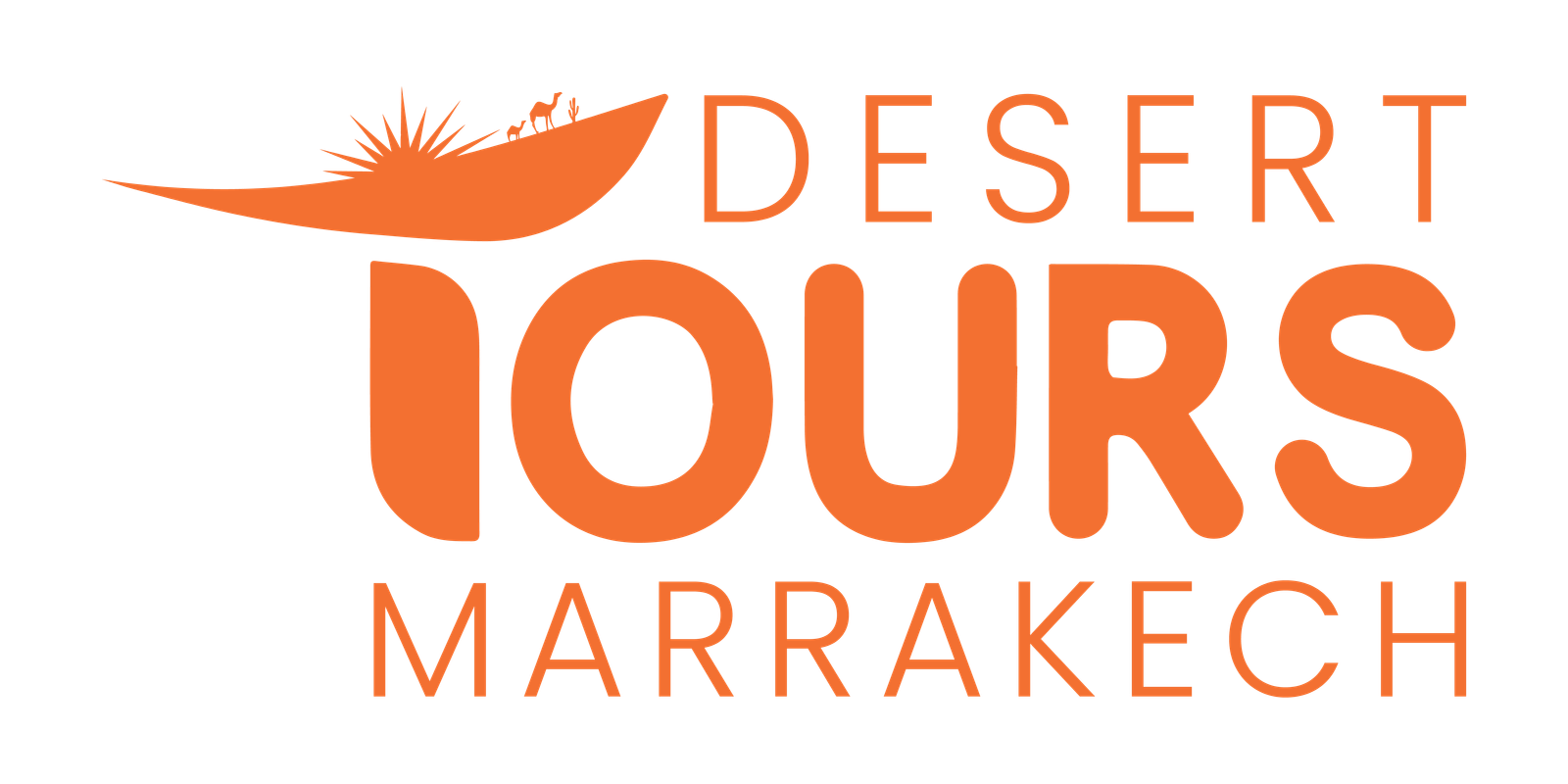Morocco, a land of wonders, beckons travelers with its diverse landscapes and rich cultural heritage. Whether you prefer the warmth of summer or the cool embrace of winter, Morocco has something extraordinary to offer throughout the year. From the enchanting Sahara desert to the inviting coastal regions, each season presents a unique experience. In this article, we’ll delve into the best times to visit Morocco and how you can make the most of your journey.
The Climate in Morocco
The climate in Morocco is as diverse as its landscapes, with variations depending on the season and location. During the summer months (June to August), the Sahara desert experiences scorching heat, while the cities and coastal regions offer a more comfortable climate. Temperatures in the Sahara can range from a blistering 35°C (95°F) to a chilly 5°C (41°F).
On the other hand, the northern coasts enjoy a moderate Mediterranean climate, characterized by plenty of sunshine. If you’re visiting during the summer, pack light and breathable clothing to stay cool and protected from the sun.
From November to February, winters take over Morocco. While daytime temperatures in the southern regions are pleasant, evenings can be bitterly cold, so be sure to carry heavy-duty jackets. In the north, winters are usually rainy and cloud-filled, with snow-capped peaks in the High Atlas Mountains until as late as July.
Ideal Time to Explore the Sahara Desert
The Sahara desert is a dream destination for many travelers, and the best time to experience it is during the fall or early spring. Avoid the scorching summer heat and the chilly winter evenings by planning your visit during these seasons. Remember to carry warm clothing, as the desert can cool down significantly after sunset. If you plan a springtime desert visit, be cautious of potential sandstorms in April.
Heading to the Coast
For beach lovers and surf enthusiasts, the summer is the ideal time to explore the coastal regions of Morocco. The water temperature averages around 20°C (70°F) during this season, making it perfect for swimming and water sports. However, keep in mind that summer also attracts a considerable number of tourists, so early bookings are recommended to secure your spot.
Hiking in the Atlas Mountains
The Atlas Mountains act as a climatic barrier between the coastal climate of the north and the arid southern regions. While hiking is possible throughout the year, the most comfortable weather can be found in spring (April to May) and fall (September to October).
Summers in the mountain valleys can be quite hot, with occasional afternoon thunderstorms. Winters, especially in the evenings, can be extremely cold, with temperatures dropping as low as 5°C (41°F) or lower. If you plan to hike altitudes above 3,000 meters, bring your snow gear and be prepared for rapidly changing weather conditions.
Conclusion
No matter when you decide to visit Morocco, this vibrant land will captivate your senses with its vast deserts, towering mountains, and captivating coasts. Each season offers unique experiences, so choose the time that aligns with your preferences and interests to create unforgettable memories in this treasure trove of a country.
FAQs
Is Morocco safe for tourists?
Morocco is generally considered safe for tourists. However, it’s essential to take standard precautions, like being aware of your surroundings and belongings, especially in crowded areas.
What currency is used in Morocco?
The official currency of Morocco is the Moroccan Dirham (MAD). It’s recommended to exchange currency at official exchange offices or banks for the best rates.
Are there any cultural norms to be aware of in Morocco?
Yes, Morocco has a conservative culture, particularly in rural areas. Dress modestly, especially when visiting mosques or religious sites, and be respectful of local customs and traditions.
What are some must-try Moroccan dishes?
Moroccan cuisine is delightful and diverse. Don’t miss trying dishes like tagine (slow-cooked stew), couscous, pastilla (sweet and savory pie), and mint tea.
Do I need a visa to visit Morocco?
Visitors from many countries can enter Morocco visa-free for a certain period. However, it’s essential to check visa requirements based on your nationality before traveling.



0 Comment